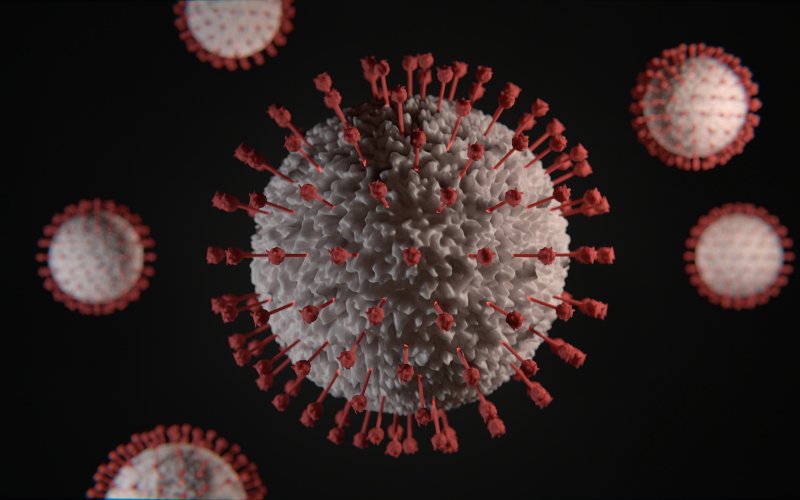MPH Student & Fellow Contributed to Article on SARS-CoV-2 Deaths

ALBANY, N.Y. (November 12, 2020) – Ariela Zamcheck, MPH student and Fellow in Applied Public Health*, contributed to the CDC’s MMWR early in the Covid-19 pandemic, helping to provide a detailed picture of the racial disparities in COVID-19 deaths among children.
As a partner on this project and a Doctor of Osteopathic Medicine, Zamcheck reviewed the medical records of pediatric fatalities in New York that were associated with a COVID-19 positive lab test or medical diagnosis, alongside colleagues at the New York State Department of Health.
Of note, Zamcheck helped to determine if the pediatric fatality was due to coronavirus, or if the positive result was an incidental finding.
“There were multiple deaths due to other causes where a COVID-19 test was performed in the emergency room,” she explains. “While the child was positive for coronavirus, the death was directly due another cause, not COVID-19.”
Zamcheck worked closely with public health professionals in many different roles, from infectious control directors at hospitals to vital statistic specialists to CDC data scientists— combining her medical training with public health through the evaluation.
The records were analyzed multiple times to ensure accuracy. While public health work like this is critical to understand more about infectious disease and those who are most at risk for infection, it is important to note the mental toll this work takes.
“Working on this project was fascinating intellectually, but often emotionally devastating,” says Zamcheck. “I was responsible for analyzing some of the most tragic cases of COVID-19 fatalities. I sometimes recognized names of attending physicians that I had worked with in charts and acutely felt the pain and powerlessness that they conveyed even through the terse medical writing in their notes.”
A family medicine specialist from the Bronx, New York, Zamcheck loves treating patients, but was interested in addressing larger-scale health disparities and shaping policy, which is why she decided to study public health at UAlbany. Through her public health coursework and hands-on experiences, she is actively working towards this goal.
“I was honored to contribute to this very important piece of work,” says Zamcheck. “Hopefully this and continued work can allow for policy changes that can protect those most at risk.”


